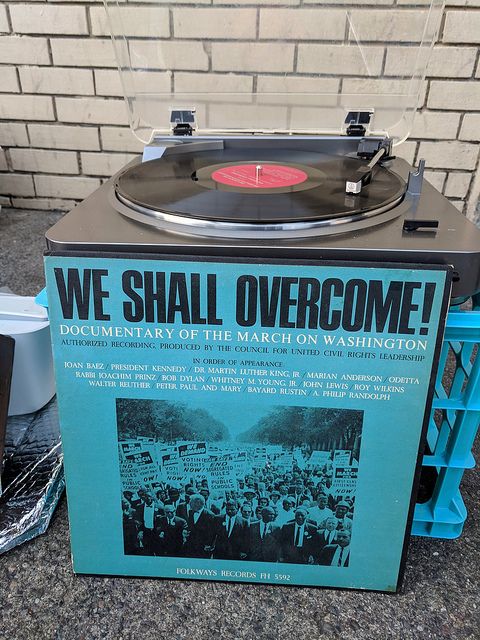Someone just “liked” a 7 year old post that I made on Diaspora. Shades of the past! Here is the post. Why don’t I write more here and less on FB? Too burned out? Anyway, enjoy…
>>>
Flavia at Tigerbeatdown has linked to this digital paper from the UK that describes low female participation in political discussions online:
http://hansardsociety.org.uk/blogs/edemocracy/archive/2011/07/07/digital-paper-gender-and-digital-politics.aspx
The summary is:
80% of MPs’ blogs are by men
85% of political media blogs are by men
93% of councillors’ blogs are by men
85% of individual blogs in Total Politics Political Blog Awards 2010 were written by men
79% of blog posts and 90% of comments on Lib Dem Voice blog (to November 2010) were written by men
I skimmed through the actual PDF and noticed something… peculiar.
Now, before I get there, Flavia’s post outlines one reason why many women may choose not to participate in public discussion on the internet. She discusses the amount of gendered abuse and scorn that women experience when they get too uppity online. (Flavia’s post: http://tigerbeatdown.com/2011/09/05/politics-and-gender-imbalance-online-women-are-not-participating/) I’ve certainly received my share of that, as have my former co-bloggers, including the now obligatory rape threats and death threats. Some of them I still get, and I haven’t blogged much in public since December.
However, I find at least some of this results of this study questionable. On page 1-2 of the document, you’ll find this quote:
“There is also evidence to suggest that women are discussing politics online in places that would traditionally have been perceived as non-political. Mumsnet, which is dedicated to sharing information and tips on parenting, has a campaigning focus, lobbying government and private companies on a variety of issues. This site has blogs from female contributors, and features a talk section, where users are able to discuss issues such as childcare, children’s food and education, lifestyle issues, health and politics. As of July 2011, Mumsnet has a number of active discussions around the public sector pensions, the NHS, EU and Margaret Thatcher’s refusal to meet Sarah Palin, all political issues.”
I read this as dividing what Mumsnet discusses into two groups. One is non-political. It includes childcare, children’s food and education, lifestyle issues, and health. It also has “politics”, which includes pensions, NHS, EU, and Margaret Thatcher.
I don’t live in a world that shares that divide.
Some of you have probably been around the block on the “where are all the women bloggers!” discussions that come up periodically when male bloggers suddenly realise they don’t read a single blog written by a woman, and thus decide there aren’t any. A particularly “fun” example of this is at Hoyden about Town back in 2009, that devolved into a very lengthy comment thread while a very nice man explained that he had no idea why disability, childcare, gender equality or midwifery would be considered a political issue.
http://hoydenabouttown.com/20090819.6278/quickhit-invisible-women-invisible-politics/
To quote the blogger in question (comment 7):
“I’m guilty of defining politics very narrowly in that post – but to the audience of my blog that’s what politics means to them – party and electoral politics and legislation. It’s from that perspective I was asking where the female political bloggers are.”
This was my response (Comment 9):
“A bucket of what Lauredhel & Tigtog blog about is about legislation. It includes legislation about breast feeding, midwifery, and disability.”
These things are politics too. When you put childcare on one side of a divide and politics on another, you’re depoliticizing the issues because it’s convenient to do so. Regardless of how you feel about state-run childcare facilities, _discussing that is discussing politics. Discussing the so called work-family balance is discussing politics. Discussing the use of midwifery and home births is discussing politics, because these things have legislation.
Women’s lives are not hobbies. They, too, are politics.
Where are all the women writing online about politics? Right here. You don’t even have to lift up a rock to find them, they’re out in the open, right where you aren’t looking.

